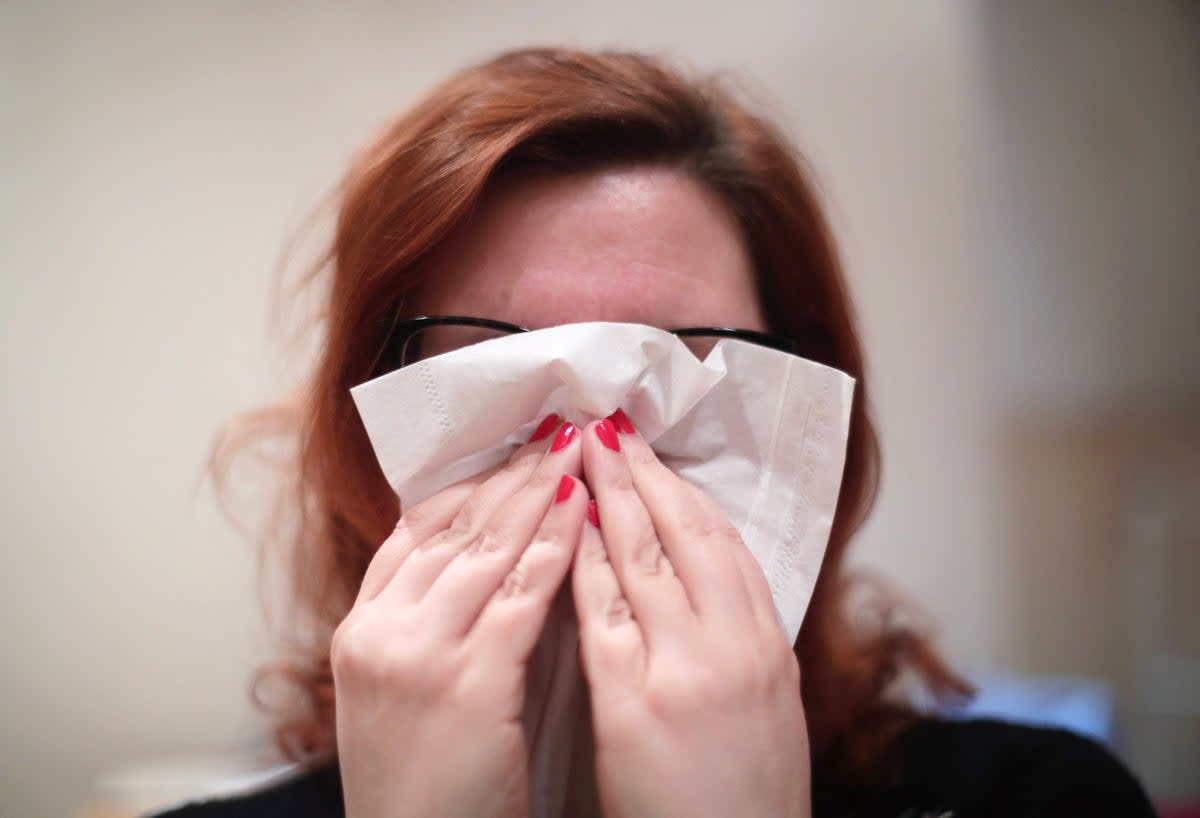Catching common cold could help protect children from Covid, study suggests

Catching a common cold may help to protect children from the worst effects of Covid by boosting their immune systems, a study suggests.
Researchers at Yale University analysed more than 600 nasal swabs originally taken from children about to undergo surgery or evaluation in A&E in 2021 and 2022.
The team tested samples for Covid and 19 different respiratory viruses and bacteria and then measured the levels of antiviral and inflammatory proteins produced by the immune system.
They found that many children, even those without symptoms, were infected with respiratory pathogens other than Covid. This included rhinoviruses responsible for the common cold.
Children with higher levels of respiratory pathogens showed higher levels of immune activity in the nose, suggesting that their antiviral defences were on high alert and more equipped to fight off Covid.
The results indicate that the immune system is "often highly activated in the nasal passages of children because they are frequently infected with relatively benign pathogens", the authors wrote.
The team also examined nasal swabs taken from healthy one-year-olds at both a routine well-child checkup and a follow-up appointment one to two weeks later.
Over half of the children tested positive for a respiratory virus on one of their two visits to the paediatrician. In almost every case, the child's immune activity was higher at the time they were infected and lower at the time when they were virus free.
Children are more susceptible than adults to respiratory infections and Covid tends to cause less severe symptoms in children than in adults, resulting in lower rates of hospitalisation and death.
During the Covid pandemic, schools were closed for long periods to stem transmission of the virus in the community.
But scientists believe that low exposure to viruses and bacteria caused by lockdown restrictions may have fuelled a post-pandemic surge in other illnesses among children, such as Strep A, due to a lack of immunity.
Ellen F. Foxman, associate professor of Laboratory Medicine and Immunobiology at Yale School of Medicine, said: "This study reveals that nasal antiviral defenses are not continually on high alert in young children but are activated in response to acquisition of a respiratory virus, even when that virus is not causing symptoms.
"Our results compel further study of how seasonal respiratory viruses and nasal bacteria impact disease severity of Covid and paediatric immune responses in general."

 Yahoo News
Yahoo News 
